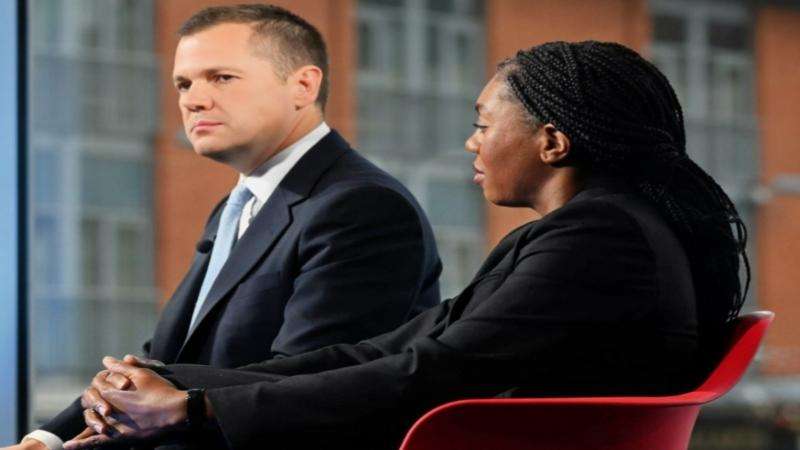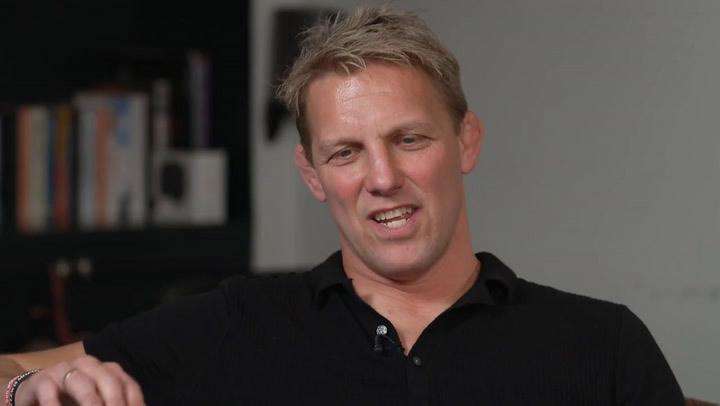The ongoing national conversation around Nigeria’s persistent struggle to conduct free and fair elections has reached a critical juncture, with a prominent youth group asserting that without fundamental constitutional change, honest elections remain "impossible."
The National Muslim Youth Association (NMYA), an alumni body of the Muslim Tertiary Students Association, publicly backed a draft Bill sponsored by Senator Ikechukwu Obiorah that seeks to dismantle the single most criticized aspect of the electoral framework: the power of the President and state Governors to appoint the leadership of the Independent National Electoral Commission (INEC) and State Independent Electoral Commissions (SIECs), respectively.
The Political Appointment Hurdle
Speaking at a press conference in Abuja, NMYA President, Abdulraham Aliyu, maintained that the current system creates an inherent conflict of interest. The appointing authorities and their political parties are direct contestants in the elections, making the pursuit of genuine impartiality and integrity within the electoral bodies a democratic farce.
This civil society pressure aligns with the broader legislative push for reform ahead of the crucial 2027 general elections. Current legislative efforts in the National Assembly (NASS), specifically a draft Electoral Act (Amendment) Bill, 2025, are already in an expedited phase. The House of Representatives passed the bill for a second reading on July 23, 2025, and the Senate is expected to follow suit after reconvening on September 23, 2025, with a joint public hearing planned for October 2025.
However, groups like NMYA argue that these NASS-led amendments, while incorporating positive steps like giving INEC the explicit power for electronic transmission of results and allowing early voting and inmate voting rights, still fall short by failing to address the fundamental institutional integrity problem posed by political appointments.
Technology is Not a Panacea
A key tenet of the NMYA's argument, echoing Senator Obiorah’s position and findings from election monitoring groups, is that the much-lauded technological advancements—the Bimodal Voter Accreditation System (BVAS) and the INEC Result Viewing (IReV) portal—are easily circumvented when the electoral umpire lacks independence.
Post-2023 election analyses by civil society and research bodies have repeatedly highlighted that technical innovations alone are insufficient to guarantee credible outcomes. Research indicates that despite BVAS's success in reducing voter impersonation, its effectiveness was compromised by:
Systemic Failures: Technical issues, including device malfunctions, poor internet connectivity, and delays in result uploading on IReV, which was observed in the recent August 16, 2025 bye-elections.
Institutional Gaps: The "shadow side of technology" is exposed when there is a lack of political will, weak enforcement mechanisms, and the "instrumentalization of the judiciary" and election officials to manipulate outcomes.
Security Compromise: Alleged collusion between security personnel and political affiliates, coupled with violence, has enabled ballot manipulation and voter suppression, further eroding the integrity that BVAS and IReV were meant to guarantee.
A Radical Proposal: Internationalizing INEC
To counteract the pervasive political manipulation, the NMYA has endorsed Senator Obiorah’s radical proposal for a "new INEC" with a structure designed to guarantee neutrality:
- The commission would comprise thirteen commissioners.
- Six commissioners would be elected by major Nigerian labour and professional organizations.
- Six commissioners would be nominated by the United Nations (UN).
- One commissioner-observer would be nominated by Transparency International.
The group passionately defended the inclusion of international actors, comparing it to the existing reliance on international entities for the health, infrastructural development, and even financial aid (non-debt aid of up to $65 billion since independence and $18 billion in debt forgiveness in 2006) of the nation. They argue that the UN's existing, active role in strengthening Nigerian institutions, including aligning national plans with Sustainable Development Goals (SDGs), makes their participation in securing the electoral process a logical next step to ensure competence and prevent intimidation.
The Looming Crisis
The NMYA connects rigged elections directly to the "pulverizing hardship" in the country, noting that prevalence of dishonest polls removes the incentive for leaders to deliver good governance or be accountable to the people, especially the youth. With INEC Chairman, Professor Mahmood Yakubu, ending his two-term tenure in December 2025, the commission faces a major leadership transition just 15 months before the 2027 elections. Civil society groups like Yiaga Africa have warned that the 2027 polls could be the most compromised and expensive in recent history, largely due to the trend of highly politicized appointments to the commission.
The EU Mission and other stakeholders have also warned the Federal Government to accelerate critical electoral reforms, specifically legislative and constitutional amendments, to avoid undermining democratic progress. As the National Assembly prepares for its public hearing, the debate over who controls the electoral umpire—politicians or truly independent bodies—remains the single most significant determinant of Nigeria’s democratic future.
The European Union has called on the Federal Government to accelerate critical electoral reforms ahead of the 2027 general elections in this news report: EU Mission Warns Nigeria Against Delayed Electoral Reforms.
_8.jpg)
_5.jpg)
_8.jpg)




.svg)
